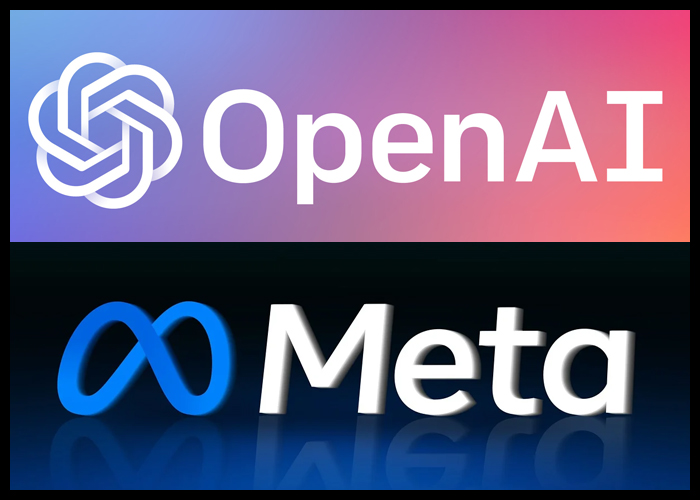The rapid development of generative artificial intelligence (AI), which can generate text, images, and video in seconds in response to prompts, has raised concerns that the new technology could be used to sway major elections this year when more than half of the world’s population is set to vote.

A group of 20 tech giants stated on Friday that they have pledged to collaborate to avoid false artificial intelligence material from meddling with elections across the world this year.
Signatories to the tech pact, launched at the Munich Security Conference, include OpenAI, Microsoft, and Adobe, who are developing generative AI models for content creation. Other signatories include social media companies like Meta companies, TikTok, and X (previously known as Twitter), who will confront the difficulty of keeping damaging information off their services.
The agreement includes agreements to work together on developing technologies for recognizing misleading AI-generated graphics, video, and audio, conducting public awareness campaigns to educate voters on deceptive information, and acting on such content on their platforms.
Watermarking or embedding information might be used to identify and validate AI-generated material, according to the firms.
The deal did not establish a timetable for completing the commitments or how each corporation would carry them out.”I think the utility of this (accord) is the breadth of the companies signing up to it,” said Nick Clegg, Meta Platforms’ head of global relations.
According to Clegg, “It’s all well and good if individual platforms develop new policies of detection, provenance, labeling, watermarking, and so on, but we’re going to be stuck with a hodgepodge of different commitments unless there is a wider commitment to do so in a shared interoperable way.”
Already, generative AI is being used to sway political outcomes and even dissuade voters.
A robocall with fictitious audio of US President Joe Biden was distributed to New Hampshire residents in January, advising them to abstain from voting in the state’s presidential primary.
The tech firms will concentrate on preventing the negative consequences of AI pictures, videos, and sounds despite the popularity of text-generation tools like OpenAI’s ChatGPT, in part because consumers are more likely to be skeptical of text, according to Dana Rao, chief trust officer of Adobe, in an interview.
Source: IndianExpress






